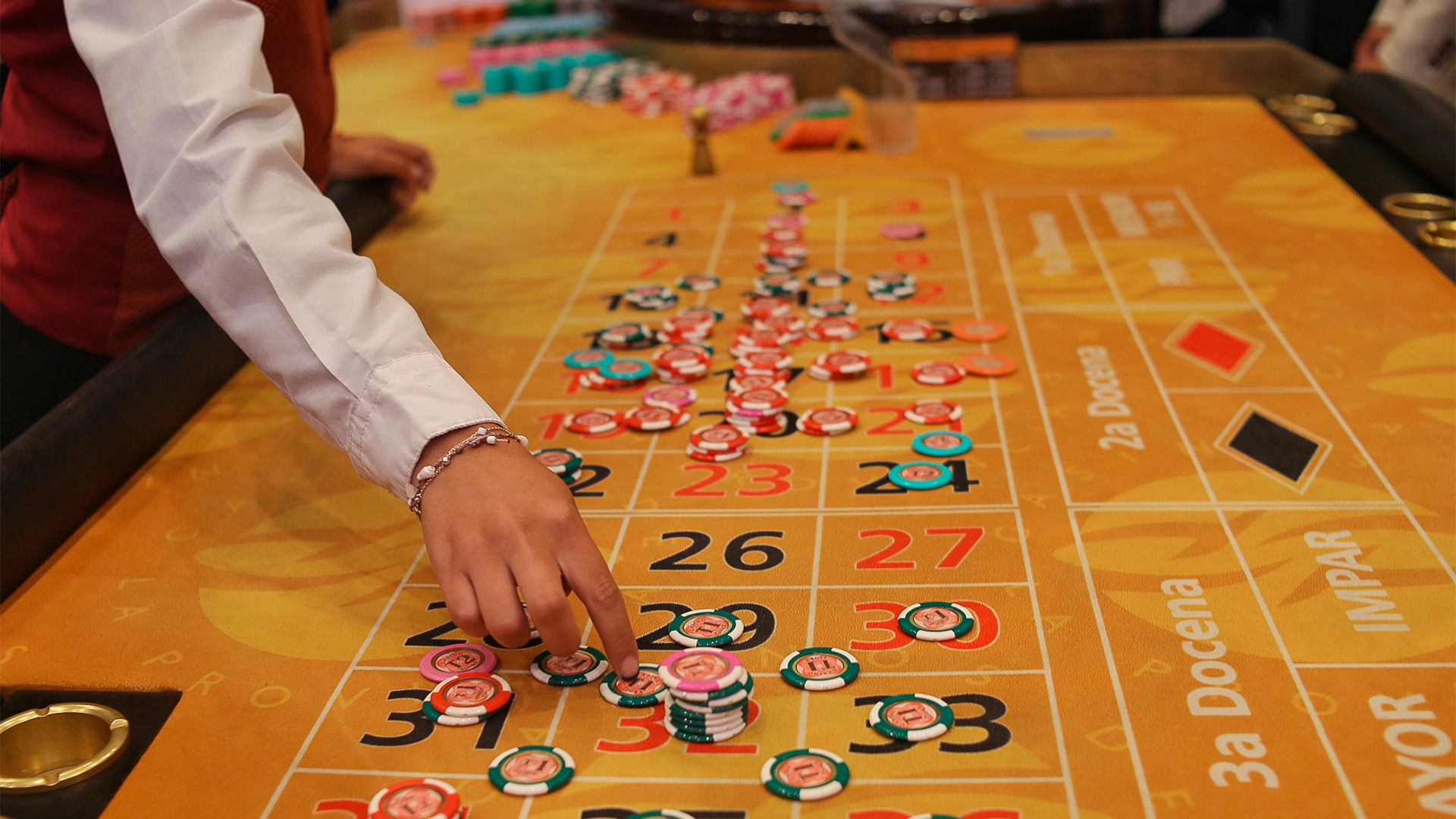"We believe the gaming industry in Mexico could top pre-pandemic statistics by 2023"

Yogonet interviewed the president of the Association of Permit Holders, Operators and Suppliers of the Entertainment and Gambling Industry in Mexico (AIEJA, for its initials in Spanish), Miguel Ángel Ochoa Sánchez, to find out at what pace his country's casino industry is recovering from the COVID blow. Provided that the health context allows it, the industry expects to approach 2019 business figures in the last quarter of this year, he assured. In addition, he mentioned the possibility of creating a risk protection fund in case of diseases and pandemics, with the hope that this scenario will not be repeated in 30 or 40 years.
At what level are the gaming and betting halls in Mexico compared to the last pre-pandemic year?
It is difficult to compare situations that are not only so different but also in constant evolution. Fortunately, we are a little better than last year. It's not that we are already in a bonanza condition, but we are in less severe conditions than the ones we had in 2020.
It is worth remembering that in 2020, all 384 casinos in the country were closed. By the end of that year, about 60% had reopened. However, they had to close again due to the second wave that hit Mexico and it wasn't until March 2021 that the sector had a slight recovery. Towards the end of 2021, we achieved the full reopening of all the gaming halls in the country, with a national average capacity of 66% and with almost the same pre-pandemic working hours.
In these early days of 2022, although the market is still not fully recovered -the attendance to the gaming halls is still low, but we are much better off than in 2020.
When do you estimate that the industry will be in a position to exceed 2019 statistics?
We believe the industry will be in a position to exceed the 2019 statistics next year, which means by 2023. Provided the pandemic allows it. This year, at best, we will reach similar numbers to those that were achieved in 2019 at around the last quarter, but the annual average will still be lower.
““There will be no new licensees during this government administration, but some new halls could be opened
”
Are licensees and operators prepared to face possible new sanitary and restrictive measures due to the advance of Omicron?
It is a delicate issue. Many casino owners are worried about this situation, especially because of the uncertainty it generates. Although Omicron does not seem to be as serious in terms of hospitalizations or deaths, it is much more dramatic in terms of cases. In Mexico, last Saturday, we exceeded 30,000 daily cases, something we had not seen since August of last year when there were 28,000 cases a day.
However, licensees and operators are better prepared. We have first-level preventive protocols and all members of the industry are aware of the importance of ensuring their strict application.
At this moment, in view of the increase in the number of cases of infection by omicron, there are states that have started to reduce their capacity; Nayarit, however, has already closed down. We will see what we can do about it.
How many gaming halls were in operation at the beginning of March 2020 and how many are active today?
As we have already mentioned, as of March 2020 we had 384 gaming halls in operation in Mexico. As of last week, all of them had reopened. However, as of Monday, January 10, Nayarit announced, as a preventive measure, the temporary closure of its six casinos, but we expect them to reopen this week. Baja California Sur also threatened today to close the casinos installed in its jurisdiction, but we are still waiting for such confirmation.
Are there plans to open new gaming halls or grant new permits this year? What is the outlook?
It is clear that there will be no new permits during this six-year term. That has been the will of the President of the Republic since he took office. However, there could be new gaming halls opening throughout the year. For those readers who do not know the reality of gaming in Mexico, in order to operate gaming halls in our country, a permit granted by the Ministry of the Interior is required. Currently, there are 36 authorized permit holders. And each permit entails a certain number of gaming halls that may be opened. Some are operating, others are not yet. There will be no new permit holders in this administration, but some new gaming halls could be opened.
““Attendance to the gaming halls is still low, but we are much better off than in 2020
”
To alleviate the economic consequences of Covid, many governments opted to increase the tax burden on casinos and gaming halls. Which state or jurisdiction has been the most affected by this type of tax collection measure?
At this moment, we have a serious problem with the state of Nuevo Leon, which has increased the tax it levies on casinos from 10% to 15%, which in our opinion is an unfair tax. However, it has been approved by the Court.
Chihuahua, another state, has also implemented a new 10% tax on expenditures, similar to that charged by Nuevo León. This issue continues to affect the industry a lot. We do not know how far it will go, but it does affect us a lot.
What are the lessons learned from almost two years of the pandemic?
We faced a crisis that, frankly, was unprecedented in the history of the industry. A very severe crisis that affected us deeply, but from which we have to learn to take stricter health and sanitation measures. Another lesson could be to contemplate risk protection funds in case of diseases and pandemics such as these, in the hope that they will not be repeated in 30 or 40 years. And the other big lesson has been the importance of industry cohesion and communication among ourselves. That is, between the existing associations and the country's casino operators. If there is any positive outcome of the pandemic that we could point to, then it would be this.
What goals has AIEJA set for this year?
AIEJA's permanent goal is to assist, as much as possible, all its members and to maintain constant communication with them. For 2022, our main objectives will be to continue to grow in the number of members, especially by attracting operators and suppliers specialized in the online gaming vertical, as well as to maintain a good relationship with our regulator, the Directorate-General for the Regulation of Gambling, as well as with other authorities, with the industry as a whole and with the media, both national and international.
















































